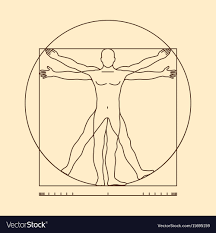In many movies and animations, magic is overpowered. Most of the time, magicians could only be countered by other magicians.
I'm building a medieval fantasy world where magic exists. In this world, magic isn't the only efficient tool in combat. Sword fighters and archers have a fair chance of winning in combat with a magician. Some people might even choose to use average medieval weapons depending on their physical abilities or lack of magical abilities.
There are many different types of magic, three of the most hard-to-balance being:
- Elemental magic - In the media, elemental magic is often portrayed quite powerfully (for example, Elsa's ice powers in Frozen). In my world, elemental magic is basic magic that people could learn at a young age. It could only be powerful when the magician has skill (obtained through practice and talent).
- Healing magic - Healers aren't a necessity to win a battle, but having a healer on a team or in an army gives a good advantage.
- Transformation - Transforming to animals. But it shouldn't be that transformers could never be caught; They shouldn't be able to just turn into small animals and escape.
Can there be any rules or limitations to these types of magics, or just magic in general, to make it balanced?
The requirements are:
- The rules or limitations have to be simple and should be able to be summarized in just one or two sentences.
- They don't have to be creative or original, but they should allow the creative use of magic. I don't want game-like magic where people just use a set of skills and summon fireballs. The magician should be able to use their magic differently depending on the immediate situation.
- Even the few exceptionally skilled magicians shouldn't be able to destroy armies or do insane things.
- Magic is useful enough to be used during wars, but armies without magic should be able to fight armies with magic with a fair chance. They simply are less likely to win.
- Some people still would prefer using only medieval weapons. There are people that can't use magic at all (absolute lack of talent), and they should be able to fight magicians.
One example I was thinking of is that elemental magic can't create elements, only "bend" existing ones (for example, in order to use water magic, there has to be a body of water nearby). But the flaw is that some elemental magic is impossible or impractical; electric magic is only possible during lightning storms, and fire magicians will have to carry around torches.

